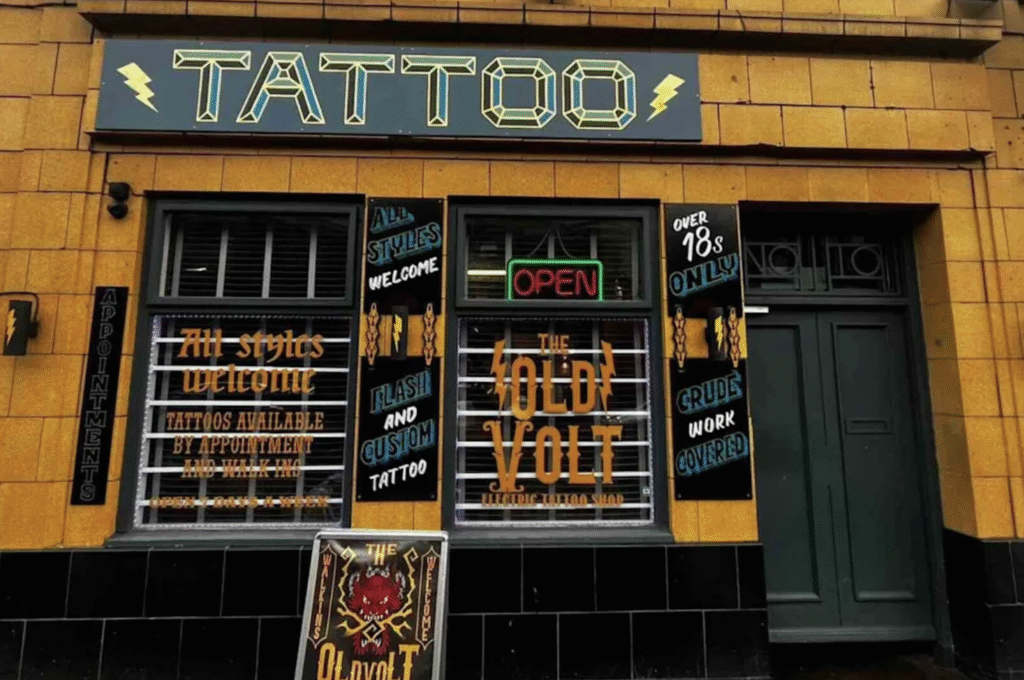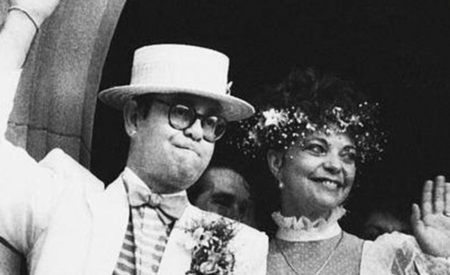A laser clinic in Manchester has sparked widespread praise after launching a promotional campaign to support transgender rights by offering a substantial discount on the removal of Harry Potter-themed tattoos. Manchester Laser NQ, situated within The Old Volt tattoo studio on Swan Street, announced via Instagram a 50 percent discount on the removal of tattoos inspired by the Harry Potter franchise. This move directly responds to the ongoing controversy surrounding J.K. Rowling’s publicly expressed opinions on transgender issues.
The clinic’s statement was unequivocal: ‘Trans rights are human rights,’ it declared, positioning the promotion as a gesture of solidarity with the trans community. The campaign resonated particularly strongly with LGBTQ+ individuals who once found solace and identity within the wizarding world but now feel estranged due to Rowling’s views. The clinic’s lighthearted social media message even included a humorous disclaimer, ‘100 percent of queer people regret their Harry Potter tattoos,’ acknowledging the disillusionment while underscoring the emotional connection many fans had with the series prior to the controversy.
J.K. Rowling’s involvement in the debate began in 2019 with her support of Maya Forstater, a researcher who faced professional consequences over her gender-critical beliefs. Since then, Rowling’s repeated comments have been widely criticised as transphobic by activists and members of the LGBTQ+ community. She often frames her concerns as defence of women’s rights, but many have challenged her stance as harmful to transgender individuals. While Rowling asserts that she supports trans people and opposes discrimination, her public statements continue to fuel a significant backlash, including distancing by some actors from the Harry Potter films and ongoing debates within fan communities.
El, the manager of Manchester Laser NQ, spoke about the personal motivation behind the campaign. In an interview with Attitude magazine, she described how she and many others in the queer community feel betrayed by Rowling, whose work once held great significance: ‘I loved Harry Potter when I was younger, and it only lost its magic because of the woman who wrote it.’ El aimed to ease the emotional burden on people who now carry tattoos they associate with alienation or shame, reaffirming the promotion’s role as both practical help and symbolic support.
The campaign’s timing is meaningful as transgender rights face increasing challenges in the UK and beyond. It also mirrors broader cultural reassessments of Rowling’s legacy. One notable example is the Edinburgh Street Historians’ decision to discontinue Harry Potter-themed walking tours, highlighting how the franchise’s perception has shifted markedly in recent years.
Amid the controversy, Rowling remains a polarising figure. Reputable fact-checking sources confirm that while she has voiced concerns about aspects of transgender rights activism, she has not explicitly said she opposes transgender women. However, she has largely refrained from directly addressing accusations of transphobia. Other developments include the rejection by Scottish police of complaints against her related to tweets about hate speech laws, reinforcing the ongoing clash between freedom of expression and trans rights advocacy.
Source: Noah Wire Services




















